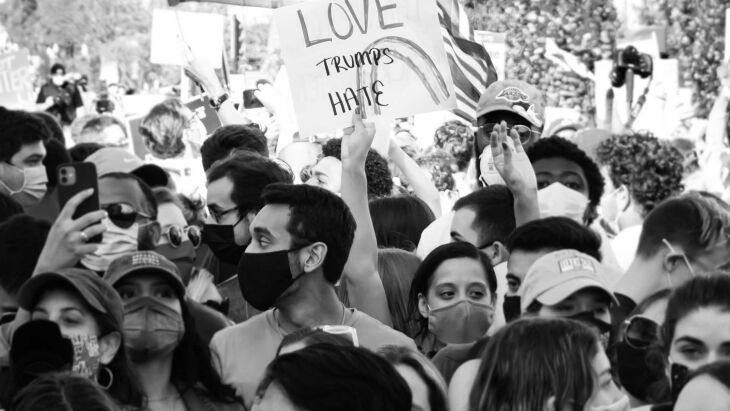Support for populist parties and politicians, and agreement with populist sentiment, has fallen amid the pandemic, according to a “mega-dataset” taking in attitudes of over half a million people across 109 countries since 2020.
A University of Cambridge team say there are clear signs of a turning tide for the “populist wave”, as the mishandling of coronavirus by populist leaders – along with a desire for stability and a decline in “polarising” attitudes resulting from the pandemic – starts to move public opinion.
The authors of the new report, from Cambridge’s Centre for the Future of Democracy (CFD), describe the study as the first global overview of how the Covid-19 crisis has affected political beliefs.
They say that threats posed by the pandemic saw a “technocratic” shift in political authority worldwide, with increased trust in government, and in experts such as scientists and civil servants.
Yet faith in the democratic processes by which people elect their representatives has continued to falter.
“The story of politics in recent years has been the emergence of anti-establishment politicians who thrive on the growing distrust of experts,” said Dr Roberto Foa, Co-Director of the CFD and the report’s lead author.
“From Erdogan and Bolsonaro to the ‘strong men’ of Eastern Europe, the planet has experienced a wave of political populism. Covid-19 may have caused that wave to crest.”
A protester calling for “Bolsonaro out” in Brazil last summer.
A protester calling for “Bolsonaro out” in Brazil last summer.
“Electoral support for populist parties has collapsed around the world in a way we don’t see for more mainstream politicians.
“There is strong evidence that the pandemic has severely blunted the rise of populism,” said Foa.
The findings are published today by Cambridge’s Bennett Institute for Public Policy.
The first months of the pandemic saw many political leaders get a boost in ratings – a classic “rally round the flag” effect in troubled times, say researchers.
However, the approval ratings of populist leaders the world over began declining almost as soon as coronavirus hit, and have continued to sink ever since.
















